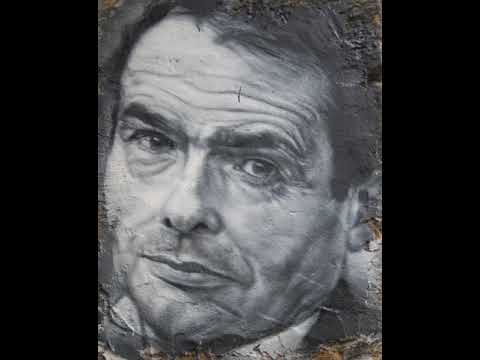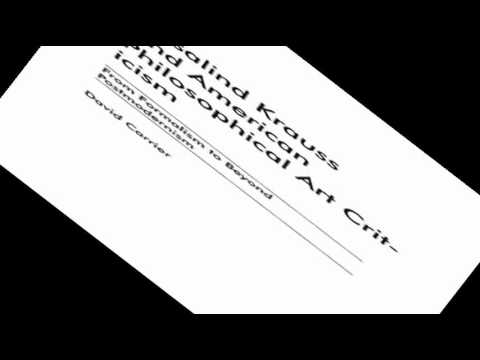This is an audio version of the Wikipedia Article:
Pierre Bourdieu
Listening is a more natural way of learning, when compared to reading. Written language only began at around 3200 BC, but spoken language has existed long ago.
Learning by listening is a great way to:
– increases imagination and understanding
– improves your listening skills
– improves your own spoken accent
– learn while on the move
– reduce eye strain
Now learn the vast amount of general knowledge available on Wikipedia through audio (audio article). You could even learn subconsciously by playing the audio while you are sleeping! If you are planning to listen a lot, you could try using a bone conduction headphone, or a standard speaker instead of an earphone.
You can find other Wikipedia audio articles too at:
https://www.youtube.com/channel/UCuKfABj2eGyjH3ntPxp4YeQ
You can upload your own Wikipedia articles through:
https://github.com/nodef/wikipedia-tts
“The only true wisdom is in knowing you know nothing.”
– Socrates
SUMMARY
=======
Pierre Felix Bourdieu (; French: [buʁdjø]; 1 August 1930 – 23 January 2002) was a French sociologist, anthropologist, philosopher, and public intellectual.Bourdieu’s work was primarily concerned with the dynamics of power in society, and especially the diverse and subtle ways in which power is transferred and social order maintained within and across generations. In conscious opposition to the idealist tradition of much of Western philosophy, his work often emphasized the corporeal nature of social life and stressed the role of practice and embodiment in social dynamics. Building upon the theories of Martin Heidegger, Ludwig Wittgenstein, Maurice Merleau-Ponty, Edmund Husserl, Georges Canguilhem, Karl Marx, Gaston Bachelard, Max Weber, Émile Durkheim, Claude Lévi-Strauss, Erwin Panofsky, and Marcel Mauss (among others), his research pioneered novel investigative frameworks and methods, and introduced such influential concepts as cultural, social, and symbolic forms of capital (as opposed to traditional economic forms of capital), the cultural reproduction, the habitus, the field or location, and symbolic violence. Another notable influence on Bourdieu was Blaise Pascal, after whom Bourdieu titled his Pascalian Meditations. Bourdieu’s major contributions to the sociology of education, the theory of sociology, and sociology of aesthetics have achieved wide influence in several related academic fields (e.g. anthropology, media and cultural studies, education), popular culture, and the arts.
Bourdieu’s best known book is Distinction: A Social Critique of the Judgment of Taste (1979). The book was judged the sixth most important sociological work of the twentieth century by the International Sociological Association. In it, Bourdieu argues that judgments of taste are related to social position, or more precisely, are themselves acts of social positioning. His argument is put forward by an original combination of social theory and data from quantitative surveys, photographs and interviews, in an attempt to reconcile difficulties such as how to understand the subject within objective structures. In the process, he tried to reconcile the influences of both external social structures and subjective experience on the individual (see structure and agency).
wikipedia tts
Source



